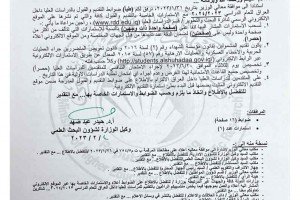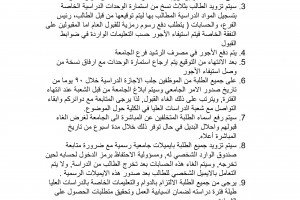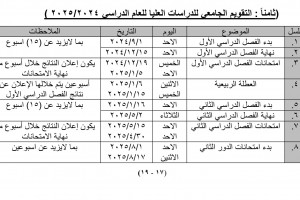
A master's thesis was discussed at the College of Pharmacy at the University of Basrah (The gastroprotective effect of the fruit and seed extract and a combination of the fruit and seed extract together from Iraqi palm dates on gastric ulcers induced by ethanol in rats).
The thesis presented by the student Mustafa Kazem Hussein aims to study the gastroprotective benefits of Iraqi date palm (Phoenix dactylifera L. Cv. " Barhi) against gastric ulcer models induced by ethanol in rats.
The results showed that the total phenolics in date fruit and date seeds were 7.25 equivalents (calcic acid/100g and 1.88 equivalents calcic acid/100g respectively) while the total flavonoids in date fruit and date seeds were 3.5 equivalents quercetin/100g and 1.4 equivalents quercetin/100g respectively.
Ethanol produced gastric ulcers by increasing the gastric volume content and hydrochloric acid concentration in rats. In addition, the gastrin and hydrochloric acid content in blood were significantly increased after ethanol treatment. On the other hand, ethanol significantly reduced antioxidant activity when measured by glutathione concentrations In serum and gastric tissues. Moreover, the intestinal mucosa of animals was significantly affected by ethanol, as evidenced by swelling, erosion, redness of the mucosal tissue surface and perforation, resulting in flaky linear bleeding. Gastric volume and hydrochloric acid content were also decreased in rats given the fruit extract alone or the seed and fruit extract together, with a significant decrease in gastrin concentration and increased glutathione concentrations in serum and gastric tissues in rats treated with Iraqi Barhi date extract.
.jpeg)
.jpeg)







